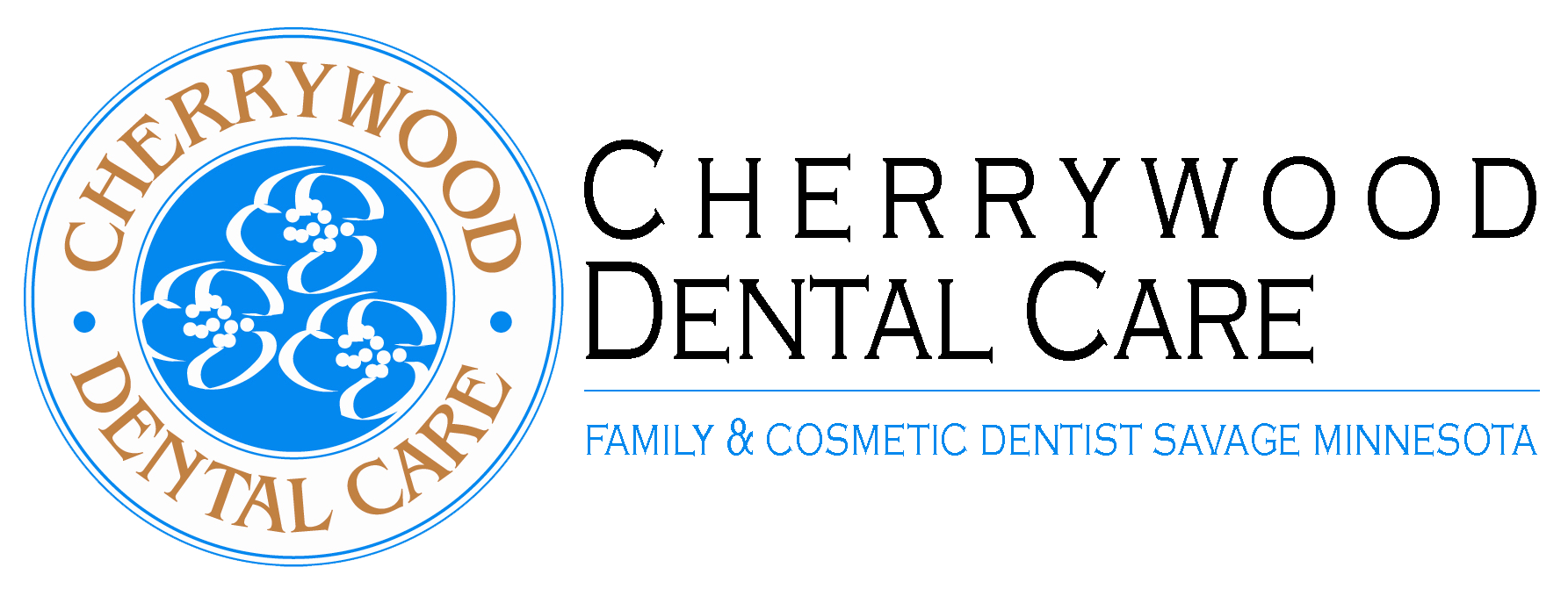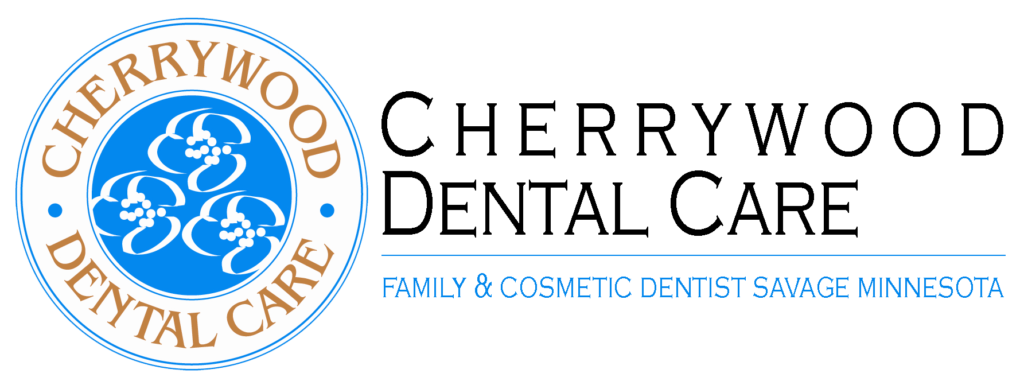Are Dental Sealants Safe?
If you were to take a risk and reward analytical comparison regarding dental sealants, there is truly insignificant risk at all when it comes to considering the procedure of applying a dental sealant to your teeth. It is a remarkably simple preventive measure against the damage of the ever-present plaque that sits on our teeth, and it delivers better results with children. Let us first identify what dental sealants are, how they work, and some benefits of having the application. We can find only one negative result from the application and that is if you could be allergic to the sealant. Again, the reward dramatically outweighs the risk.
What is a Dental Sealant?
A dental sealant is a thin, translucent plastic coating that acts as a protective cover on the outer enamel surfaces of the teeth. Much like varnishing a piece of furniture or applying wax on a car, the sealant flows into the tiny cracks, grooves, pits, and fissures that are found in every tooth. Filling those cracks and pits prevents damaging plaque from settling into places that can hide from daily tooth brushing.
How is the Dental Sealant Applied?
To begin with, the teeth must be professionally cleaned to remove any existing plaque. Next, an acid-like gel is applied to the teeth and rinsed off. Once the teeth are dry, the dental sealant is brushed on and then dried and hardened with a blue ultraviolet light. An extremely simple procedure that delivers preventive benefits.
The Benefits of Having a Dental Sealant
Most of us do not realize that there are millions of bacteria in our mouths literally every hour of every day. Bacteria serve a vital role in food digestion. When allowed to remain on the teeth, the bacteria form a clear sticky substance called plaque. The plaque develops an acid that will immediately attack the hard enamel surface of the tooth. The result ends up being a damaging cavity. Even though you may brush well, you still cannot reach every surface of each tooth every day. Dental sealants are most effective on the hard-to-reach molars. The dental sealant protects the tooth from plaque, so it cannot attack the tooth. The plaque cannot penetrate the hardened surface of the sealant.
Can Any Age Benefit from a Dental Sealant?
The age group that benefits the most from dental sealants is children. Especially ages 6 to 12, when the molars are erupting. Children are most often impatient by nature, rushing and not having the necessary diligence. If many adults continue to struggle to follow suggestions on good oral hygiene habits, why would a child do any better? Research has proven that children who do not have sealants applied will have a three times greater chance of developing cavities. With the simple application of a dental sealant, the children can grow and work on their habits, yet not be penalized for poor brushing.
All adults can also benefit from having dental sealants applied. Perfectly safe for all ages, it fills those grooves and fissures to protect against cavities. When it comes to the many risk and reward decisions in life, dental sealants are a safe bet.

